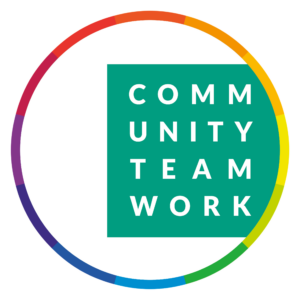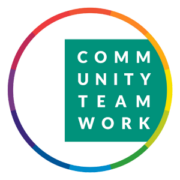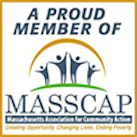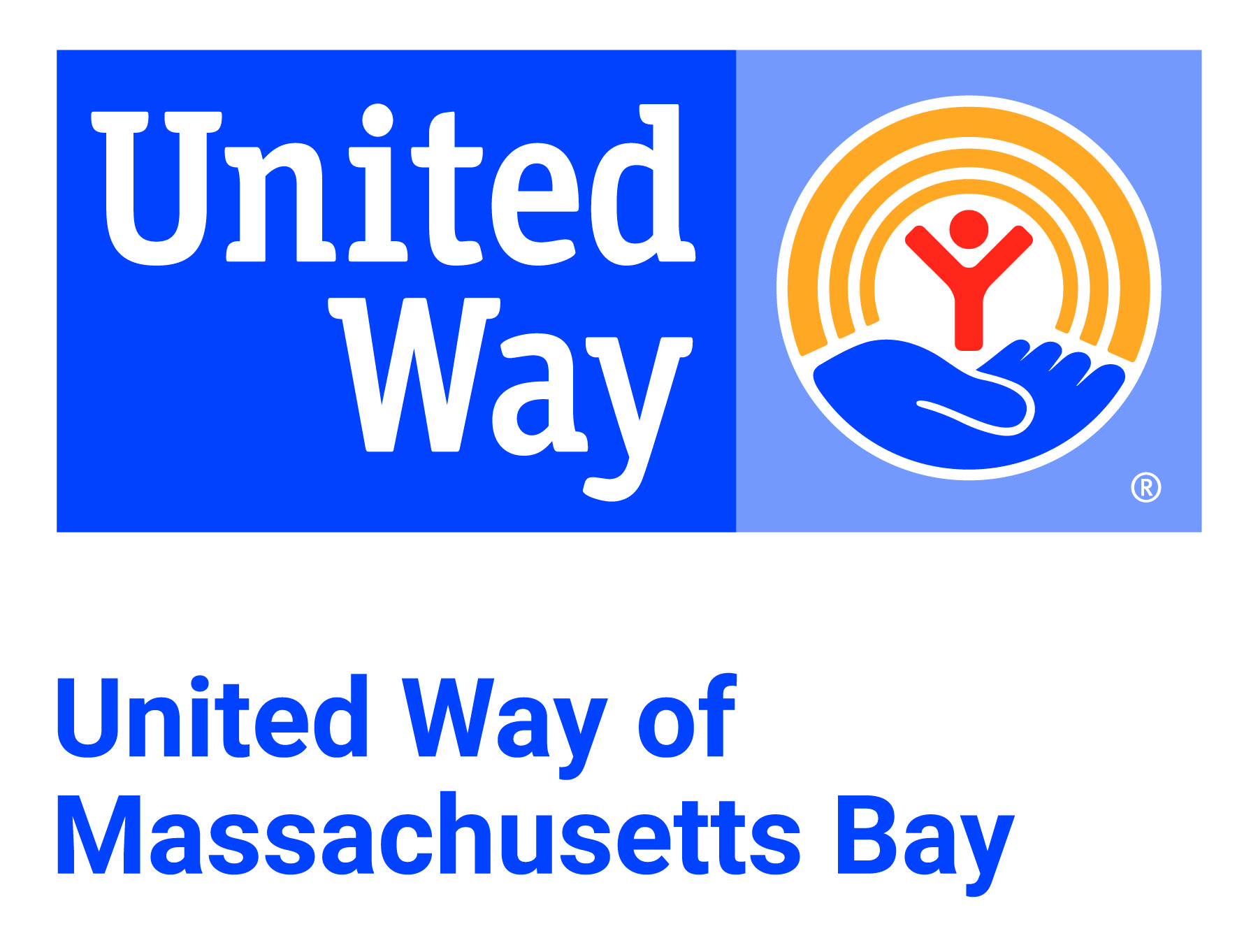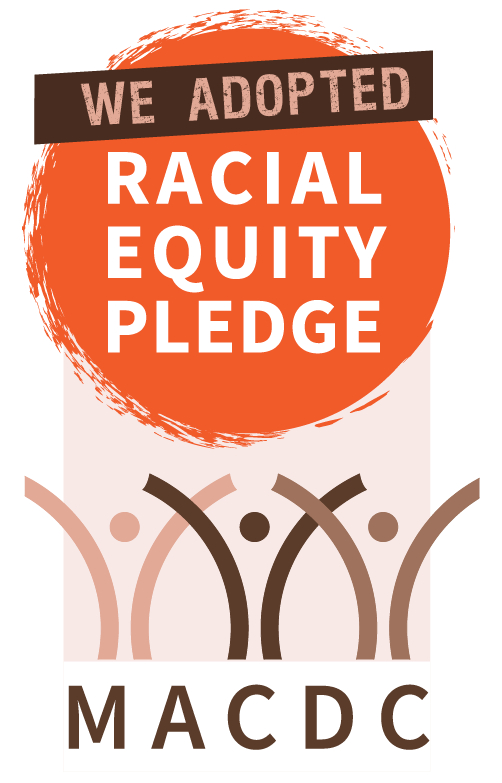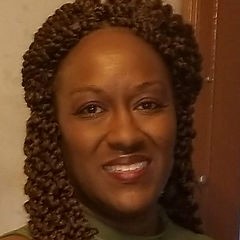
CTI Celebrates Local Black Leaders of Excellence ~ Dr. Shannon Butler-Mokoro
Dr. Shannon Butler-Mokoro
Shannon Butler-Mokoro, MSW, Ph.D. is the Dean of First-Year Students at Wellesley College. She is the interim Chairperson of the African Community Center of Lowell. Dr. Shannon Mokoro has worked in higher education for over 20 years as student affairs professional and social work educator. Her areas of research and interest include helping to build culturally humble and proficient organizations, social welfare history, the history of higher education, faith-based social work. She is a social work educator and conducts workshops and trainings for various schools and nonprofits around the issues of diversity, equity, access, and inclusion.
Nominated by Elizabeth Wando, Rehousing and Stabilization Case Manager, Residential Programs, Housing and Homeless Services, Community Teamwork
Primary Questions:
What is your title/role/organization and/or involvement in the community?
I am the Dean of First-Year Students at Wellesley College. I am also the Vice-Chair of the African Community Center of Lowell and the Assistant Social Secretary of the Cameroonians of Lowell Association. I am trained as a social worker who engaged in clinical work for a couple of decades before going into higher education. I taught in a few social work programs before I landed where I am today. Along the way I have done quite a bit of DEIA training for various organizations.
What does Black History Month Mean to you?
For me, every day is Black History. History making is fluid and occurs every day. So February is just a month to highlight what happens daily. A month to educate others who are not aware of what is happening every day in the Black/African American communities.
What can the community do more of to recognize Black History during the year?
Have ongoing conversations, speakers, workshops, social media posts of the accomplishments of Black people currently and historically. This is true of all of the cultural and racial and ethnic groups – celebrate all the ongoing accomplishments monthly to normalize the contributions of people of color consistently.
Optional Questions:
What has been the most rewarding part of your commitment to the community?
Anytime I am with groups of “Black folx” it is rewarding! Getting to learn about the different histories and cultures from which African Americans come has been wonderful. I am a social worker by training, so just talking with people – hearing their stories, learning their cultures, helping people meet their goals – all of it is rewarding!
How have you seen your efforts make a positive difference in people’s lives?
What advice would you give to future generations of leaders in the community?
How did you become inspired to make a difference in your community?
My parents and grandparents were active in their communities. I come from a long line of social workers and educators. I feel it is almost in my genes! I am inspired by my own family and those who came before me, but quite honestly I am most inspired by the people who are younger than me. They are awesome, energetic, well-informed, passionate, tireless, – I draw my inspiration from them.
What do you hope to accomplish in the future to further your positive impact?
What I would truly love to do is to spend more time mentoring the next generation of community leaders and activists. I’d love to encourage them, guide them, and lift them up to do the work that needs to be done. I am ready to step back and let others take the reigns and shine.
What have been some of your greatest accomplishments in your field?
What advice would you give to young people looking to make a positive influence in their community?
What would you say are the most important qualities needed to become a leader in the community?
How has your experience as a Black person influenced your work?
I always show up knowing that someone needs to see my Black face and body – someone needs to know there is someone with whom they can identify. I extend myself beyond my defined role to make sure I am making connections with the other Black/African/African American people wherever I am. That has often led me to then be involved in DEIA efforts, which is ok even though that is not my job. I show up and then make sure I use my experience and knowledge to help the other folx of color, especially those of African descent who may not always have a voice or power or influence. I have many privileges at this moment in my life and with those privileges come lots of asks and responsibilities. I am always happy to step up.
What advice would you give to other young Black people looking to make a difference in their communities?
You do not have to wait until you are older or have more experience to make a difference. You have something to contribute now. Get involved by being a youth member to an organization or a community board. Mentor someone younger than you. Use social media to be an advocate for others and to bring attention to what your community needs.
What was the most difficult obstacle you had to overcome to become a leader in your community?
#CommunityLeader #Leadership #Appreciation #BlackHistoryMonth #BlackLivesMatter #DEIatCTI #grateful #LowellBlackExcellence
